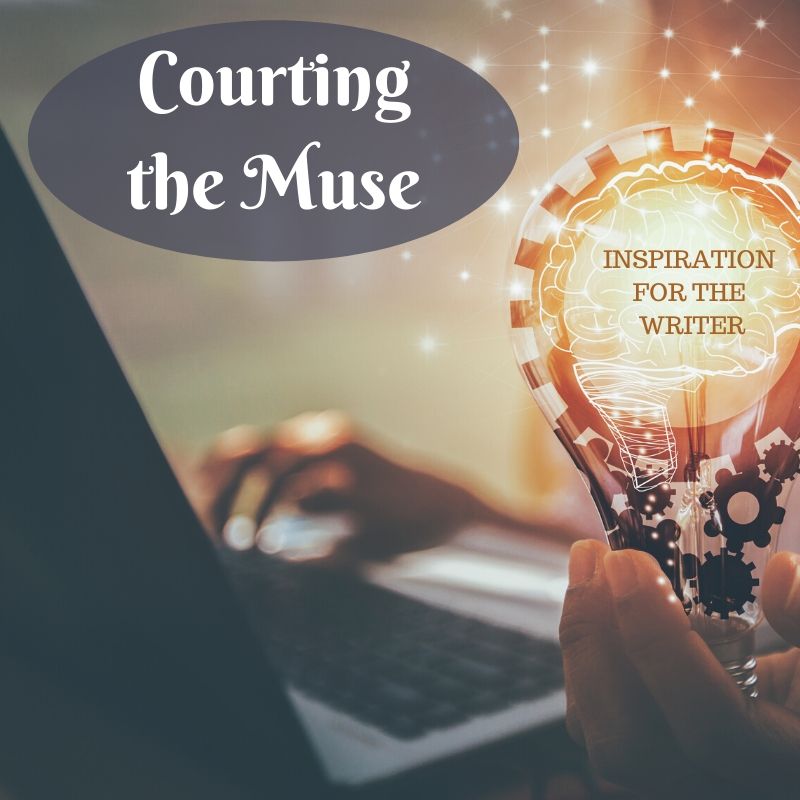These days, anyone who wants to write short stories of an unconventional bent has their pick of quirky venues to showcase their work.
By way of example, just look at Taco Bell Quarterly, a self-professed rival of the storied Paris Review. One of the hottest literary magazines to emerge in the past year, it only accepts work related to America’s favorite fast-food purveyor of Crunchwrap Supremes. Microverses, an even newer journal of speculative flash fiction, limits itself to “tweet-length work” — minute narratives of no more than 280 characters.
Then there’s r/relationships, a wildly popular advice forum on the social media giant Reddit. Frequented by some 3 million visitors worldwide, it’s come under fire recently for being filled with lies. As it turns out, many of those posting on the forum aren’t actually lovelorn sufferers in genuine need of advice — they’re fiction writers, flexing their skills in an unusual form.
That brings me to my favorite source of narratively rich and formally intriguing short fiction: the old-fashioned advice column. That’s not to say that everyone corresponding with the likes of Dear Prudence and Ask Polly is a fabulist, honing their craft in the inbox of an agony aunt (though readers have made a sport out of spotting the fake letters for years). Even if most letter-writers are seeking advice in earnest, this oddball genre remains fertile ground for literary inspiration.
Directly adapting a letter into a story might raise some eyebrows — especially if you assume the mind behind it belongs to a genuine advice-seeker, not a fellow fiction writer. But even if turning a stranger’s vulnerability into a literary project, detail for detail, doesn’t strike you as the right move, advice columns can still inspire good writing.
Glance at any given advice column, and you’ll find a treasure trove of emotionally resonant stories, from the heartrending to the absurd. For me, these accounts aren’t just intriguing because of their wealth of hyper-specific detail: the exact infractions committed by an overzealous homeowner’s association, the strange scent clinging to an adulterous spouse’s clothes. The little narratives they encapsulate are valuable to writers primarily because of their nuanced — even outright messy — depictions of human feeling.
Advice columnists, and the people who write to them, acknowledge that we don’t always react to emotional stimuli in ways that make sense. Betrayal can evoke relief as well as heartbreak, and the most passionate love can be complicated by mutual resentment.
When it comes to crafting complicated, true-to-life emotional arcs for your stories, there’s almost no better source of inspiration than the advice letter. If you find one that touches a nerve, consider exploring its palette of emotions through an analogous — but distinct — scenario of your own invention. All you need to do is meld the letter-writer’s narrative with your own experience, adding dash of imagination and empathy for good measure. You just might find yourself looking at your next short story.
When you try to turn that initial spark into a well-executed work, you might try seeking inspiration from the advice column in terms of form as well as content. While we don’t typically think of advice letters as high art, they have a lot to teach short story writers about style and presentation.
Advice column letters are perfectly crafted for communication, clueing readers in on the emotional stakes of a situation with maximal efficiency. As such, they deploy unpretentious language and tight plotting to get readers invested in the most bizarre scenarios. Next time you write a story, try channeling their economy of expression for a narrative that packs a punch.

Lucia Tang is a writer for Reedsy, a marketplace that connects self-publishing authors with the book industry’s best editors, designers, and marketers. To work on the site’s free historical character name generators, she draws on her knowledge of Chinese, Latin, and Old Irish — learned as a PhD candidate in history at UC Berkeley. You can read more of her work on the Reedsy Discovery blog, or follow her on Twitter at @lqtang.





No Comments